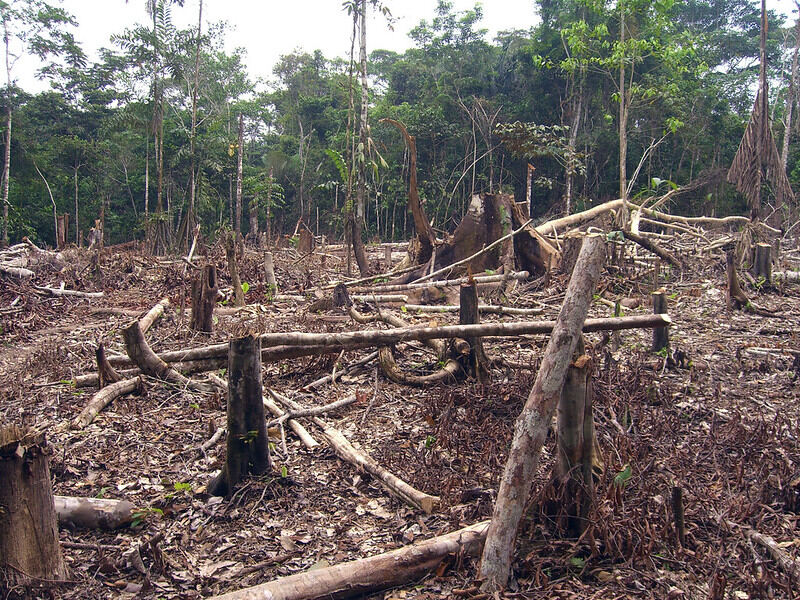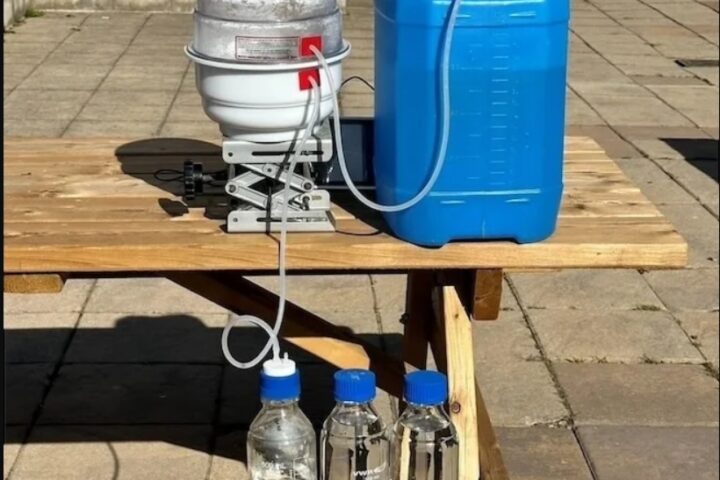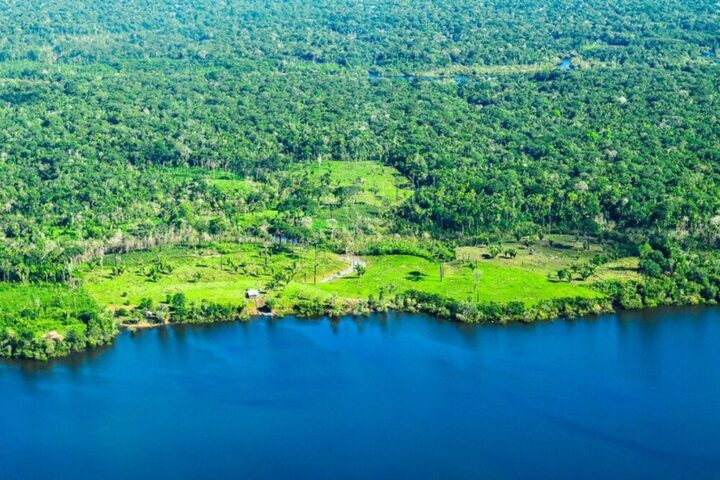A provisional agreement between the European Parliament and the Council of the European Union postpones the EU Deforestation Regulation (EUDR) implementation deadline to December 30, 2025 – a 12-month extension from the original timeline. This development affects products derived from cattle, wood, cocoa, soy, palm oil, coffee, and rubber entering or leaving EU markets.
“This postponement provides legal certainty, predictability and sufficient time for smooth implementation of the rules,” states the Council’s December 3 press release. The extension emerged after member states, third countries, traders, and operators expressed concerns about meeting the initial December 2024 deadline.
Environmental Context and Impact
The regulation targets agricultural expansion – the primary driver of global deforestation. Current data shows agricultural activities cause approximately 90% of worldwide deforestation, with commodity production accounting for 40% of tropical deforestation between 2000-2018 (World Resources Institute, 2023).
Each minute, forests equivalent to 11 soccer fields disappear globally. The EUDR might represent the first legislation worldwide linking market access to deforestation-free requirements.
Technical Implementation Requirements
Companies must establish comprehensive due diligence systems proving their supply chains don’t contribute to deforestation or forest degradation after December 31, 2020. This involves:
- Geographic coordinates of production plots
- Satellite monitoring systems
- Supply chain traceability documentation
- Risk assessment protocols
- Verification mechanisms
Small and micro-enterprises receive additional flexibility, with compliance required by June 30, 2026.
Global Trade Implications
Brazil, Indonesia, and Vietnam – major exporters of regulated commodities – have raised practical implementation concerns. EU-bound Indonesian palm products – encompassing crude palm oil, palm kernel oil, industrial fatty acids, and their derivatives – reached €5.2 billion. This massive trade flow, constituting 21.9% of total EU imports from Indonesia, exemplifies why palm oil supply chains are central to EU deforestation regulations.
Vietnamese rubber and plastic exports to EU markets climbed to €1.57 billion in 2023, within a total EU-Vietnam trade volume of €47.59 billion. This rubber trade flow, now subject to EUDR’s deforestation-free requirements, represents a critical test case for tracking forest-risk commodities from Southeast Asian supply chains.
Christine Schneider, European Parliament’s rapporteur, emphasizes: “This extension protects European businesses, foresters, and farmers from excessive bureaucracy while maintaining environmental standards.”
Technical Infrastructure Development
The European Commission plans to complete several critical systems by mid-2025:
- Country benchmarking framework
- EUDR Information System for due diligence statements
- Satellite monitoring tools
- Risk assessment protocols
More Stories
Expert Analysis
Stientje van Veldhoven, Vice-President and Regional Director for Europe of the World Resources Institute (WRI): “The European Commission’s proposal to delay the enforcement of the EU Deforestation Regulation is disappointing. It sends the wrong signal to national governments, both within and outside the EU, as well as to business partners, suggesting that the creation of a deforestation-free commodity market can wait. Given that the EU’s imports of commodities account for 13-16% of global deforestation, despite representing only 7% of the world’s population, its environmental footprint and consumer influence are disproportionately large. The world’s forests cannot afford another year without stronger protection.”
“Our analysis shows a 12-month delay to the law could lead to an area of deforestation fourteen times the size of Paris, unleashing carbon emissions equivalent to 188 million long-haul flights.” says Giulia Bondi, EU Senior Campaigner at Global Witness
Future Outlook
The regulation undergoes its first review in 2028, examining:
- Implementation effectiveness
- Impact on small-scale farmers
- Technology adoption rates
- Deforestation reduction metrics
- Trade flow adjustments
The EUDR represents an unprecedented attempt to regulate global supply chains for environmental protection. Its success depends on balancing stringent environmental standards with practical implementation capabilities across diverse global contexts.








